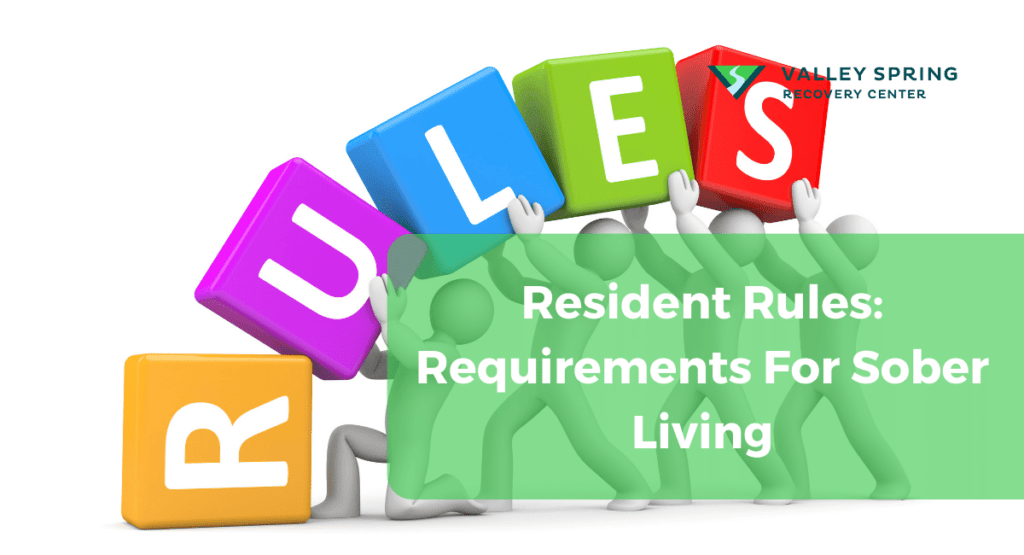What Is Case Management?
Case management is a type of addiction treatment that focuses on helping people in recovery to manage their overall health and well-being. Case managers work with clients to develop an individualized plan of care that takes into account the client’s unique needs and circumstances. This may include connecting the client with resources such as housing, food, transportation, and medical care. Case management can also involve providing emotional support and guidance, as well as advocating on behalf of the client. Case management can be an essential part of maintaining long-term sobriety for many people in recovery. By working with a case manager, clients can develop the skills and knowledge needed to navigate the stages of their recovery journey successfully.
What is involved in case management during addiction treatment?
Case management in addiction treatment involves a comprehensive approach that extends beyond medical and psychological interventions. This process encompasses helping individuals with essential life skills, which include finding housing, securing employment, liaising with probation offices, and fostering better family relationships. These components are critical in ensuring overall well-being and social functioning, which are often compromised in individuals struggling with addiction. Managing these aspects effectively is essential to restoring family dynamics, improving relationships, and supporting the individual in reintegrating into society healthily and sustainably. Therefore, case management in addiction treatment is not just about addressing the addiction itself but also involves equipping individuals with the necessary skills and support to navigate life’s challenges post-recovery.
PRIVACY AND DISCRETION
During the process of treatment, confidentiality remains paramount. Outpatients may continue treatment while maintaining high levels of discretion, thus ensuring continued care without compromising reputational integrity. More than simply an addiction treatment center, Valley Spring New Jersey believes in creating a long-term investment in every great company’s most valuable assets – its people. Valley Spring Recovery Center works with employer groups to provide specialized addiction treatment to patients in New Jersey.
FAQ
How does case management integrate with life skills therapy?
How is case management related to family therapy?
Case management in addiction treatment is intricately related to family therapy, functioning together to create a comprehensive support system for the individual undergoing recovery.
The relationship between these two aspects of treatment can be understood through several key connections:
-
Holistic Approach: Case management adopts a holistic approach to treatment, considering not just the individual’s addiction, but also their social environment, which includes family. Family therapy is a crucial component of this, as it addresses the dynamics and relationships that can significantly impact the individual’s recovery process.
-
Support System Enhancement: Case managers often recognize the importance of a strong support system in the recovery journey. By integrating family therapy, they ensure that family members are equipped to provide the necessary support, understanding, and a conducive environment for recovery.
-
Addressing Family Dynamics: Addiction often affects not just the individual but the entire family unit. Family therapy works to resolve conflicts, improve communication, and address any dysfunctional dynamics that might contribute to or result from the addiction. Case management ensures that these family-related issues are identified and addressed as part of the overall treatment plan.
-
Resource Coordination: Case managers are responsible for coordinating various resources and services required for effective treatment. This includes facilitating access to family therapy sessions, where family members can learn coping strategies, understand the nature of addiction, and work on rebuilding trust and relationships.
-
Relapse Prevention: Both case management and family therapy play a vital role in relapse prevention. While case management focuses on the individual’s needs such as housing, employment, and legal matters, family therapy strengthens the family’s ability to support the individual, creating a stable and supportive home environment that can reduce the risk of relapse.
-
Continuous Assessment and Adjustment: Case managers continually assess the progress of the individual and adjust the treatment plan accordingly. This includes evaluating the effectiveness of family therapy and making changes if needed to ensure that family dynamics continue to support the individual’s recovery.
In summary, case management and family therapy are interconnected in the treatment of addiction. They work together to address the needs of the individual and their family, creating a comprehensive and supportive framework that is essential for successful recovery.
Valley Spring Case Management Program In New Jersey
At Valley Spring Recovery Center In New Jersey, our case managers are dedicated to helping you through every stage of recovery. We understand that drug addiction is a complex disease, and we will work with you to create a personalized treatment plan that addresses your unique needs. We will also provide support and guidance as you navigate the challenges of early sobriety, including dealing with cravings, managing triggers, and building a support system. Our goal is to help you build a foundation for long-term recovery, and we will be with you every step of the way. Contact us today to learn more about how we can help you reach a sober future.




